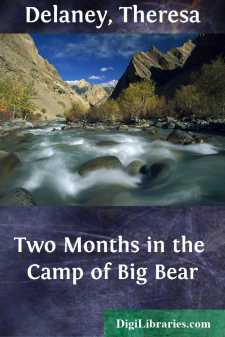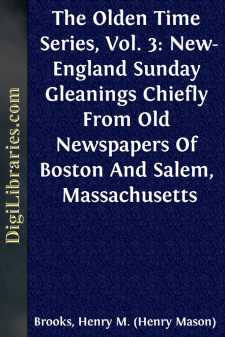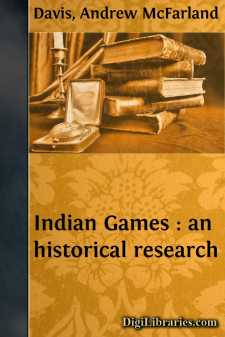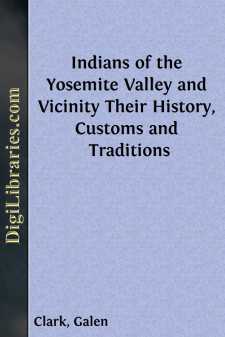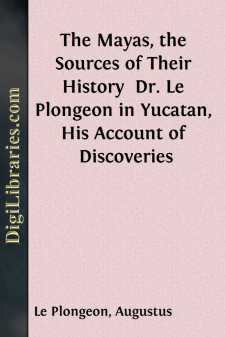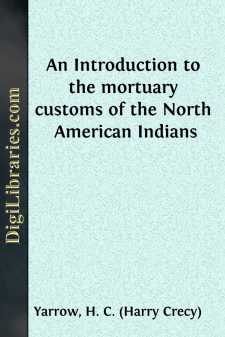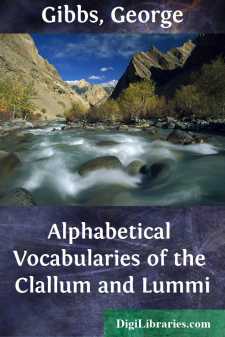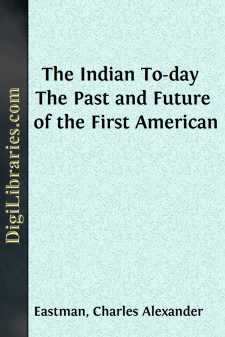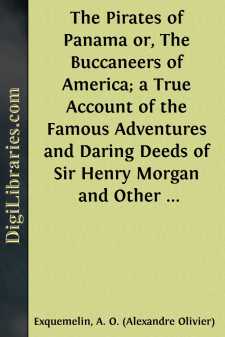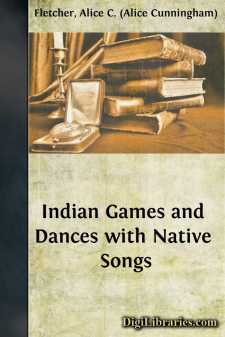History
- Africa 30
- Americas (North Central South West Indies)
- Ancient 68
- Asia 58
- Australia & New Zealand 8
- Canada 41
- Caribbean & West Indies 1
- Civilization 20
- Eastern Europe 12
- Europe 310
- Expeditions & Discoveries 60
- General 77
- Historical Geography 1
- Jewish 9
- Latin America 3
- Medieval 8
- Middle East 13
- Military 248
- Revolutionary 8
- Study & Teaching 5
- United States 353
- Western Europe 56
- World 13
Americas (North Central South West Indies) Books
Sort by:
by:
Theresa Delaney
CHAPTER I. WE LEAVE ONTARIO. We left my father's house at Tintern on the 7th of October, 1884, having been married on the 1st, for Parkdale, where we spent a few days with my husband's friends. We started for our home on the 10th by the Canadian Pacific Railway to Owen Sound, thence by boat to Port Arthur, and then on to Winnipeg by rail, where we stopped one night, going on the next day to...
more...
NEW-ENGLAND SUNDAY. Seeing in an old paper that General Washington was stopped by a "tythingman" in Connecticut in 1789 for the "crime" of riding on Sunday, we were naturally led to think about the "Sabbath question," as it is sometimes called. We find the account referred to in the "Columbian Centinel" for December, 1789. THE PRESIDENT AND THE TYTHINGMAN. The...
more...
LACROSSE. In 1667, Nicolas Perrot, then acting as agent of the French government, was received near Saut Sainte Marie with stately courtesy and formal ceremony by the Miamis, to whom he was deputed. A few days after his arrival, the chief of that nation gave him, as an entertainment, a game of lacrosse. [Footnote: Histoire de l'Amerique Septentrionale par M. de Bacqueville de la Potherie, Paris,...
more...
by:
Galen Clark
Chapter One. EARLY HISTORY. During the past few years a rapidly growing interest in the native Indians has been manifested by a large majority of visitors to the Yosemite Valley. They have evinced a great desire to see them in their rudely constructed summer camps, and to purchase some articles of their artistic basket and bead work, to take away as highly prized souvenirs. They are also anxious to...
more...
The most comprehensive and accurate map of Yucatan is that which has been copied for this pamphlet. In the several volumes of travel, descriptive of Maya ruins, are to be found plans more or less complete, intended to illustrate special journeys, but they are only partial in their treatment of this interesting country. The Plano de Yucatan, herewith presented—the work of Sr. Dn. Santiago Nigra de San...
more...
The mortuary customs of savage or barbaric people have a deep significance from the fact that in them are revealed much of the philosophy of the people by whom they are practiced. Early beliefs concerning the nature of human existence in life and after death and the relations of the living to the dead are recorded in these customs. The mystery concerning the future love for the departed who were loved...
more...
by:
George Gibbs
PREFACE. The tribe of Clallams, as they are usually called by the residents of Washington Territory—by the neighboring Indians named S'klal´am, and denominated by themselves NÃ
«s-klái yÃ
«m—inhabit the southern shore of Fuca Strait, from about the OkÃâ¢ho River on the west, to Port Townshend on the east, bordering in the first direction on the Makahs, sometimes called...
more...
BIOGRAPHICAL NOTE The author of this book was born in a teepee of buffalo hide near Redwood Falls, Minn., during the winter of 1858. His father was a full-blooded Sioux called "Many Lightnings," (Tawakanhdeota). His mother, the granddaughter of Chief "Cloud Man" of the Sioux and daughter of a well-known army officer, died shortly after his birth. He was named Ohiyesa (The Winner). The...
more...
INTRODUCTION This volume was originally written in Dutch by John Esquemeling, and first published in Amsterdam in 1678 under the title of De Americaeneche Zee Roovers. It immediately became very popular and this first hand history of the Buccaneers of America was soon translated into the principal European languages. The first English edition was printed in 1684. Of the author, John Esquemeling, very...
more...
INTRODUCTION The adaptations from Indian ceremonies and sports here offered will enable those who take part in them to follow in happy mood some of the paths of expression that were opened long ago by thoughtful men and women as they lived, worked and played on this land in undisturbed intimacy with nature. Some of the thoughts bred of this intimacy find their expression in these dances and games, and...
more...


